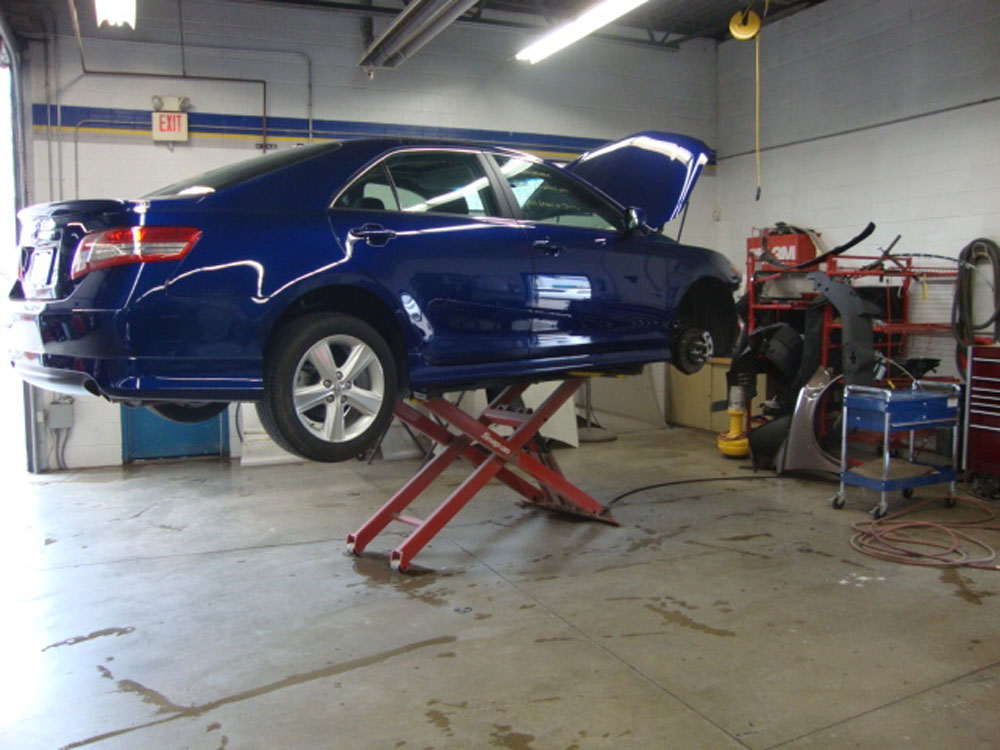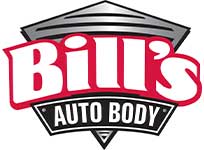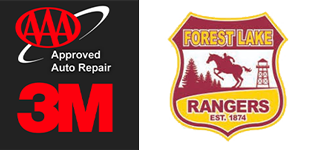
Anyone can experience it. Almost as if it were inevitable. As you drive through the city, you get in an accident. Your once-perfect car is now in need of repairs after the dust settles and the heart stops racing. The first thing you will do is to get your vehicle repaired at any cost. In the end, this car is your baby, and you want it to look as good as it did before the accident! How important is having your car fixed after you’ve been in an accident? A good way to gain an understanding of depreciation is to compare the depreciation of a car with the cost of repairing it.
It’s good habit for car owners to check the value of their vehicles (similar to checking their credit scores), but knowing your car’s value can be very helpful when deciding whether it would be better to repair your car or buy another. If your auto insurance covers the repairs, fixing your damaged car is often the best option. New cars can be expensive, leaving you with five or more years of debt, while getting them repaired (depending on the damage) might cost a few thousand dollars. Before you make this decision, you should learn as much as you can about your vehicle’s value so you can see if this short-term, affordable choice won’t cost you a lot when you trade it in a few years from now.
You’ve probably already spoken with your insurance agent about an accident, and your agent has scheduled a meeting with an insurance claims adjuster. A car adjuster verifies the damage to your car and determines how much it will cost to repair it. Although a claims adjuster’s estimate can be a useful benchmark for the insured, a good insurance company will not expect you to accept this number at face value. The majority of agents will recommend that you get an estimate from your choice of auto body shop.
You cannot be forced by your insurance company to see a certain mechanic, but they might ask for more than one estimate. You shouldn’t be surprised if your insurance company chooses the auto body shop that offers the cheapest estimate. However, don’t be afraid to raise your concerns about working with that shop if you don’t feel they can provide you with the best service. You are welcome to disagree with your adjuster or agent if you feel another auto body shop will provide better repairs for your car. That’s okay. You’re looking out for your best interests.
There is something known as “betterment” that may affect the total of your claim. Just as a car depreciates with time, some insurance companies might determine that the installation of new parts will actually increase the cost of your vehicle. The same applies to larger components like a new transmission or engine block. Your adjuster may agree to repair other parts of your car if he/she believes that your car will be more valuable after the repair than before the accident. The insurance company may opt to pay only the difference between the cost of a new part and the cost of a used part based on your vehicle’s age and condition.
Your insurance company is the only one who can determine if your car is a total loss. When your vehicle is determined to be totaled, you will receive the value (found on KBB and NADA) of your vehicle. A totaled car won’t have an argument for repair, but you may still want to negotiate a higher settlement than what they offer initially. As the insured, you might have to prove the value of each piece of the car and how much it contributed to the vehicle’s total value. A vehicle’s mileage and service records may be used to prove a vehicle’s value over time. You should put in some effort if you feel you are not getting the full value of your car in your settlement. It has cost you a significant amount of capital, and you deserve to be compensated for its value.
Because of this, you should keep track of all the documents that illustrate the value of your vehicle. When you understand your vehicle, it’s easier to determine whether you should fix it after a car accident. Possibly, repairing your car will be the most cost-effective option.
The more information you have, the more likely you are to get your car fixed, to get the right money for the repairs, and to get it back on the road as soon as possible.
Schedule an appointment today and get back on the road.


